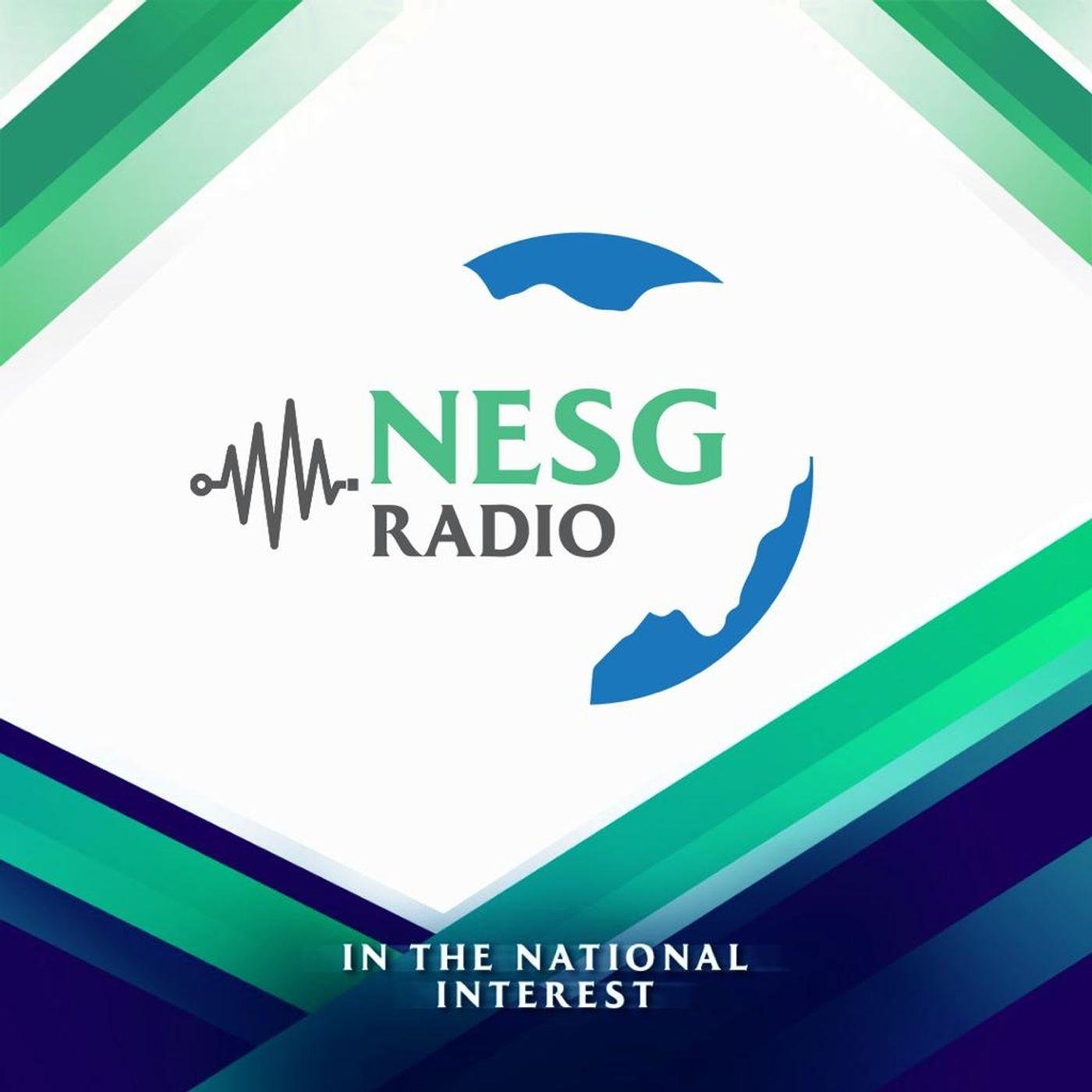
The Nigerian Economic Summit Group (NESG) is Nigeria’s foremost private sector-led think-tank and policy advocacy institution. At the NESG, our work in providing fact-based advocacy has allowed us to prioritize and use our voices to encourage different actors to come together to dialogue on critical socio-economic issues. Only through conversations, interventions, and innovation will we change the landscape in Nigeria and across Africa. Nevertheless, only a well-informed and united people make a great nation. Millions of Nigeria’s vibrant and talented 200 million population, do not effectively speak, understand or write English. The ones that do may be saturated with misinformation in this current digital world. The NESG Radio is a traditionally syndicated podcast that will effectively inform our people with curated localized content. Our weekly podcasts will help communicate critical information such as economic policies, ideas, health information, trends, and interventions to Nigerians.